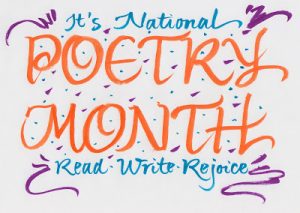
Portfolio Based Language Assessment (PBLA) is here to stay. “Teachers cannot opt out” (p. 58) and it is “an expectation of employment” (p. 71). Once implemented the way it was meant to be, the evidence suggests, it is an academically sound approach to teaching and learning. The PBLA programme, now being implemented in all ESL non-credit classes that are funded by Citizenship and Immigration, has two critical shortcomings which I have encountered Continue reading









